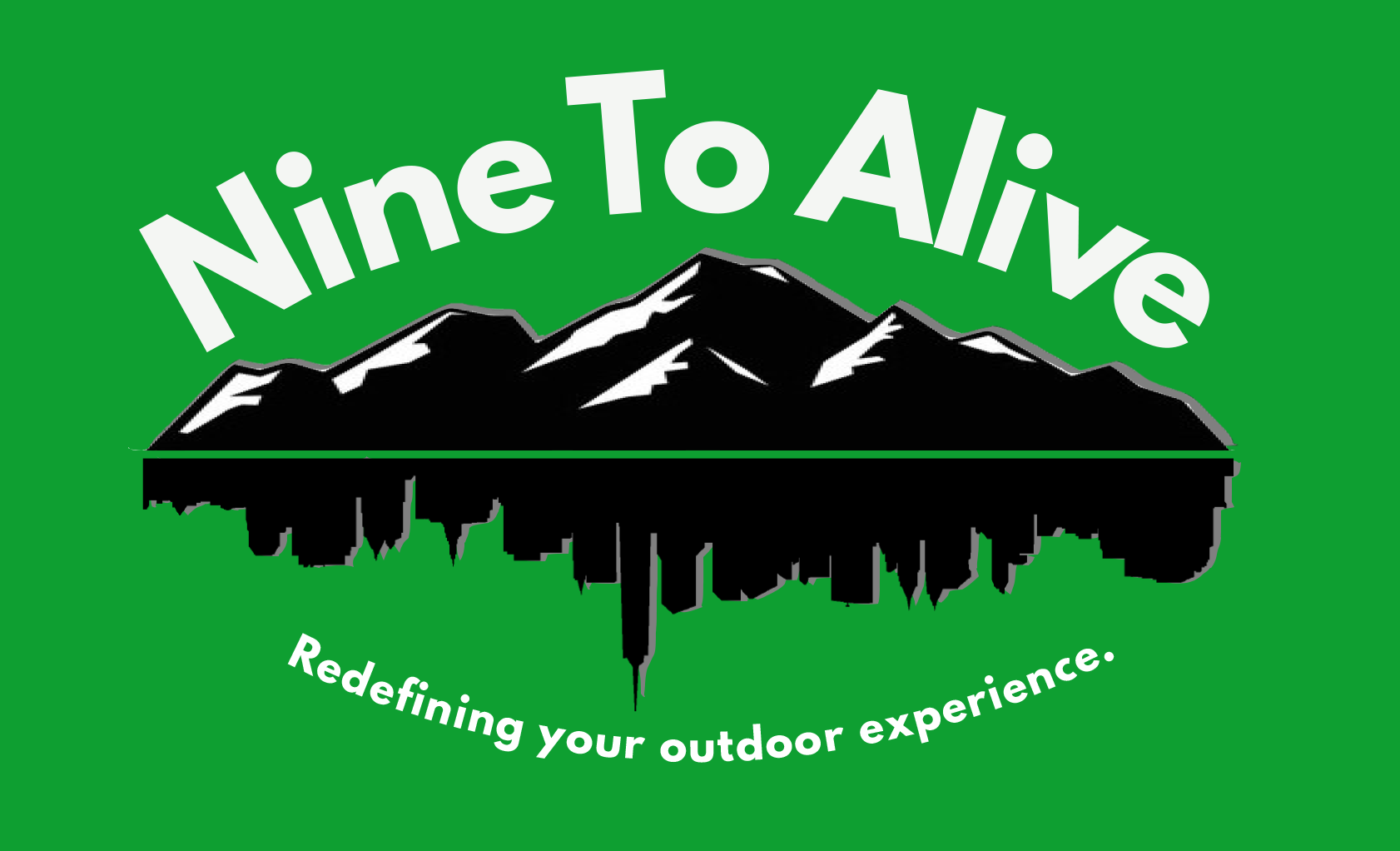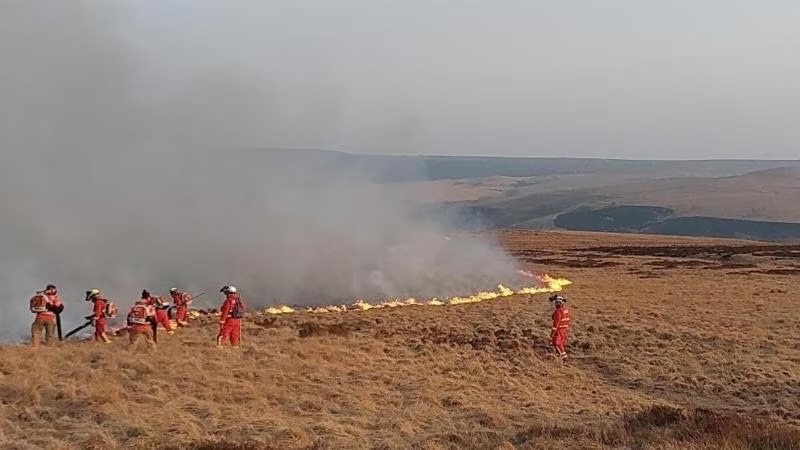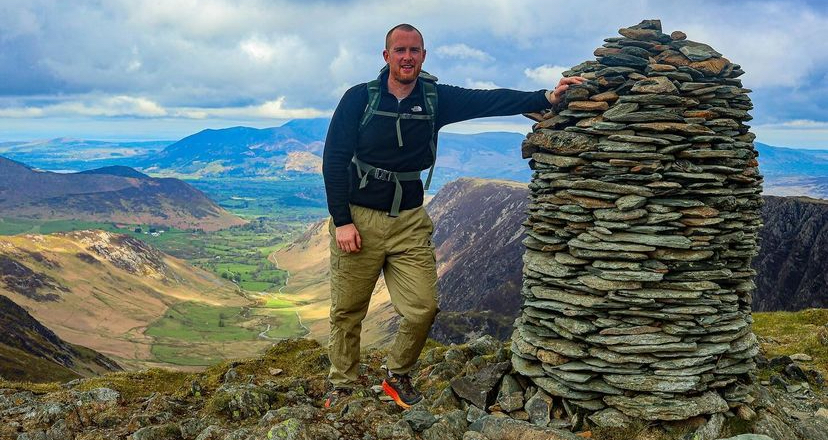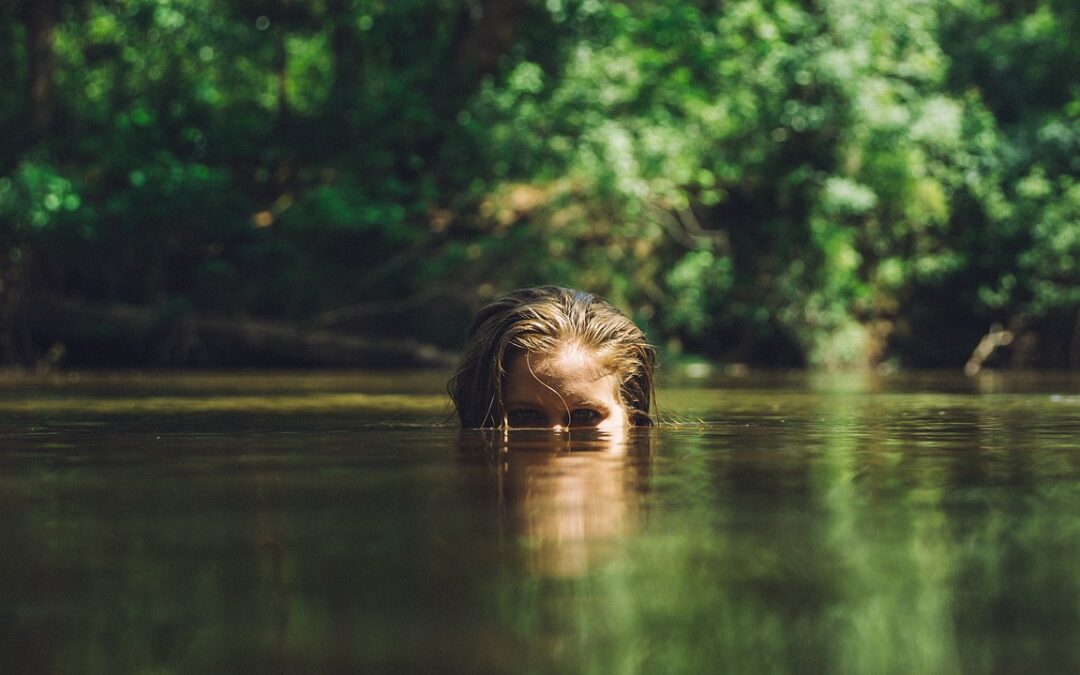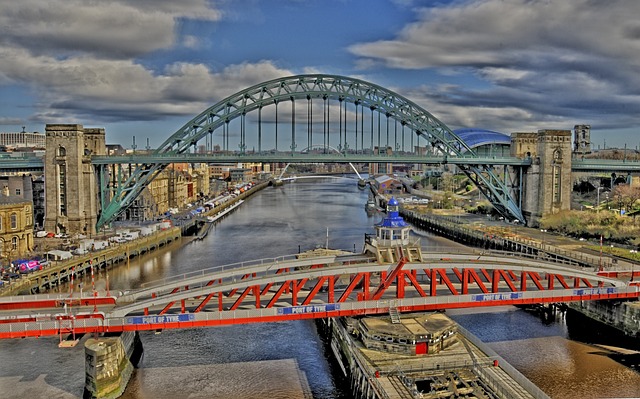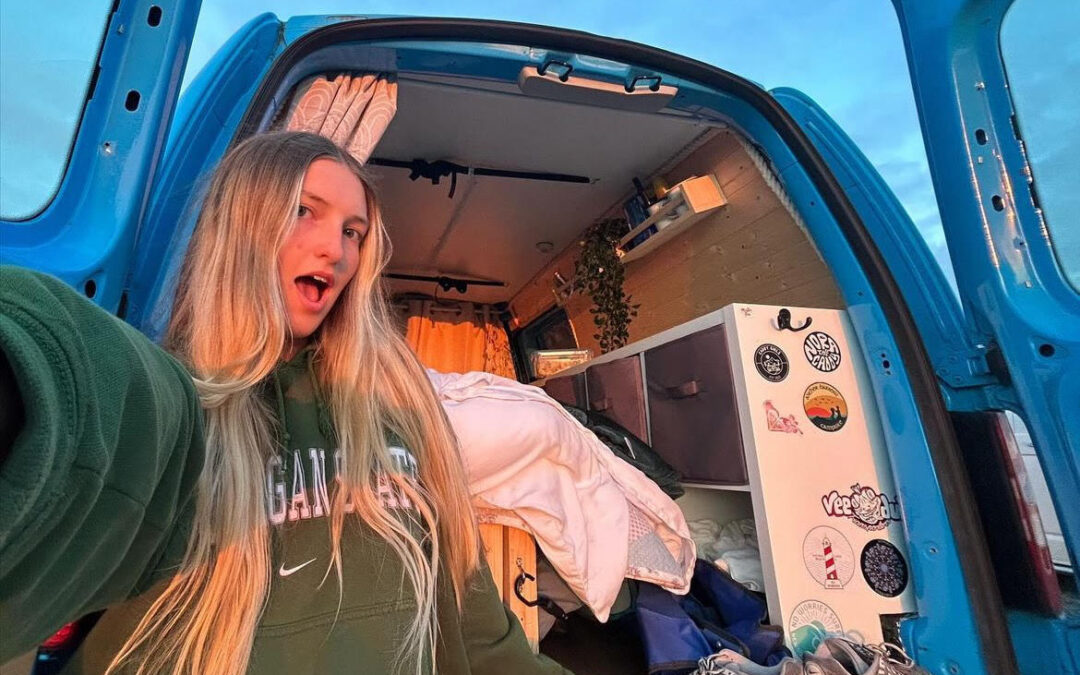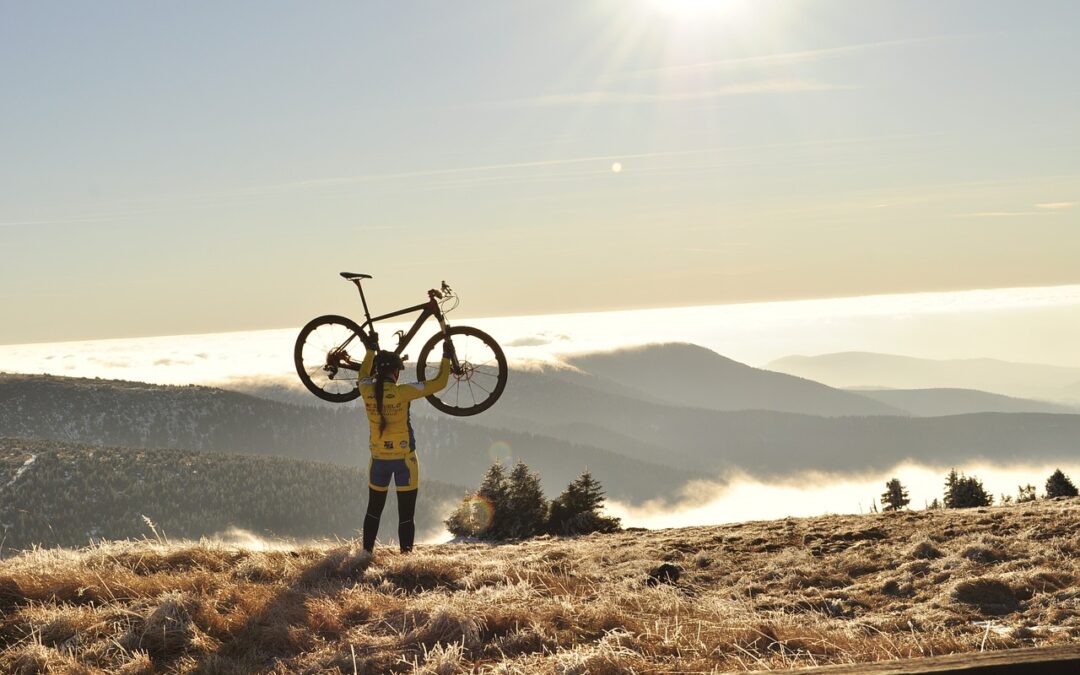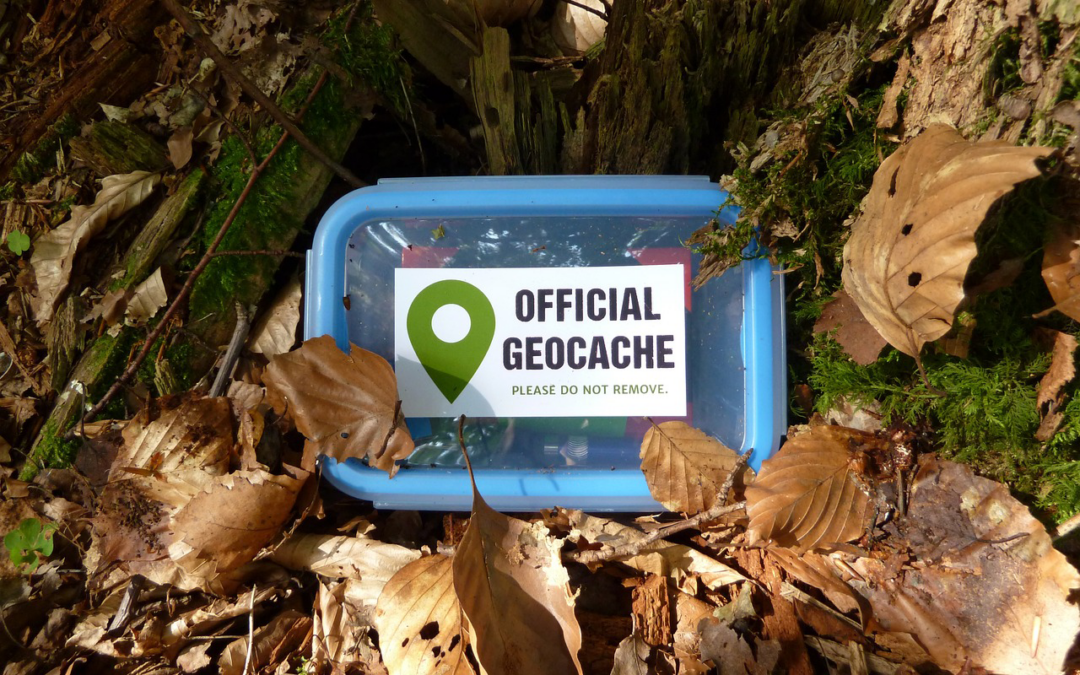The West Yorkshire Fire and Rescue campaign fighting the UK’s emerging fire issue.
With the summer months approaching and the increase in temperatures many of us will be heading out of the office and into the great outdoors.
In recent summers, temperatures in the UK have increased with the July 2022 heatwave leading to a record-breaking hottest temperature of 40.3 degrees Celsius being recorded in the Lincolnshire town of Coningsby.
The 20th July 2022 saw the most calls to Fire and Rescue departments since WW2 and over the course of the summer England fire services recorded over 24,000 wildfires.
Due to the increase in wildfires in the last few years, it has become more important to acknowledge campaigns like the West Yorkshire Fire and Rescue Services’ #BeMoorAware campaign launched in 2019.
Richard Hawley is the Yorkshire Fire and Rescue Wildfire Lead and says that the increase in moorland fires in West Yorkshire made it necessary to educate the public on the dangers of irresponsible recreational use of the Moors.
“We wanted to reach out to communities and engage with them in an educational way rather than going down the enforcement route.
“We’ve had a really positive response, we soft relaunch the campaign each year as we come up to Easter because that’s when we start to see the first of the spring wildfires.
“A lot of the fires that we’ve seen in the past have been an accidental careless use of fire rather than a malicious one.”
This year Richard says the campaign wishes to reinforce the dangers of disposable barbecues and encourage people to take a picnic instead.
“The main problem we have with disposable barbecues is they generate a massive amount of heat underneath the barbecue.
“Even if you extinguish it after you’ve used it, that heat transfer has gone underground and in peatland that can cause the fire to ignite and you can be unaware of it until it pops up several hours later.
“Our overriding message is if in doubt take a picnic.”
The main purpose of the campaign is to show how preventable wildfires can be as they put significant pressure on the fire service taking up time and calls during the summer preventing the service from attending other incidents which became a particular problem during the heatwave of July 2022.
“Vegetation fires led to large numbers of fire and rescue services up and down the country declaring major incidents due to the sheer number of calls outstripping the resources of the services responding to it.
“Other incidents are still occurring, building fires, RTCs, road rescues and more. It impacts our ability to respond quite significantly.”
The fires can have a devastating impact on the peatland and recovery after fires can be an extensive process.
“We have had a number of significant fires in West Yorkshire, like last year around the Marsden Moor area where it caused damage to the peatland areas. It will take a number of years and support from organisations like the National Trust to bring that land back to a healthy condition.”
The environmental impact of the wildfires on the peatland causes more than just damage to the existing peat; it can lead to a large release of carbon dioxide and flooding.
“We are very fortunate in West Yorkshire to have large areas of deep peatland which is as precious as the Amazon rainforest in terms of carbon capture.
“The fire’s heat dries out the peat and takes the moisture out of it and once the damage is done it can take years and support from organisations like the National Trust to restore it.
“The peatland acts as a giant sponge when we get rainfall. The ground is holding a lot of that water preventing flooding in our valley areas around Calderdale and Kirklees. But once that peatland has been damaged the rainwater washes straight down and can cause flooding.”
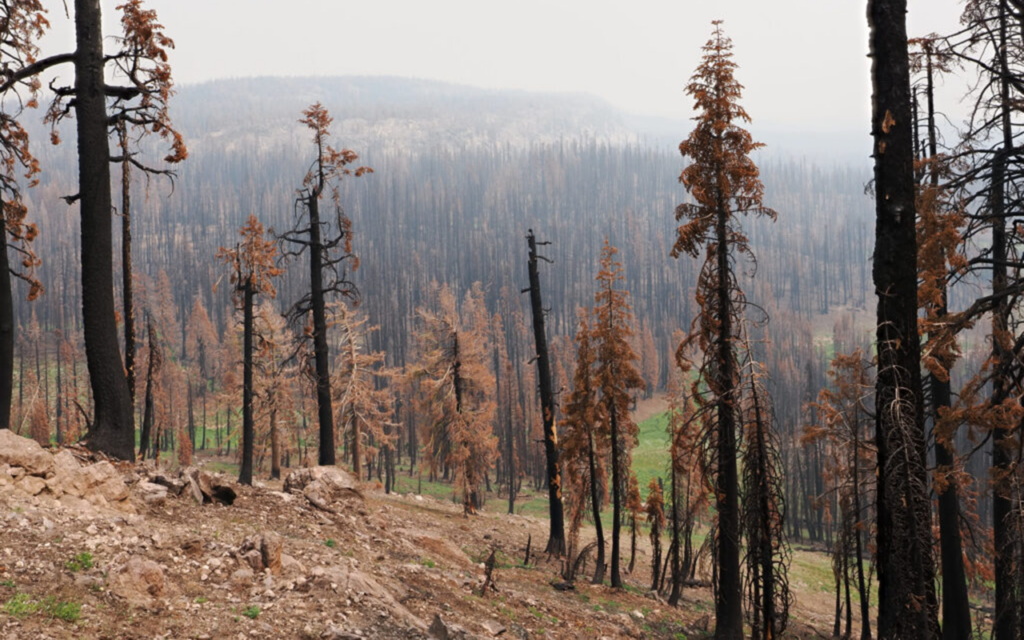
Additionally, there is a risk that wildfire stricken upland areas can lead to water supply pollution.
“We work closely with utility companies to reduce the risk of wildfires around our drinking supplies. We have a large number of reservoirs in West Yorkshire and if we have a significant fire, any water that is running off can cause contamination to the reservoirs.
“That’s why we work proactively to reduce the risk of wildfires around our reservoirs and if we can remove that risk by people acting responsibly in upland areas we are protecting that water source.”
In terms of what we can all do to protect the moorlands it is important to follow the fire service’s advice.
“Ring 999 and ask for the fire service. You don’t have to wait for a fire to occur because if anyone is using flames in areas where there are public protection orders, there’s a ban on open flames so if you see people acting irresponsibly with barbecues please ring 999.
“We’d rather come out to a false alarm and provide education to people than see a damaging wildfire breakout.”
If you are out in the moorlands and come into danger it is important to get to a safe location and follow the service’s advice.
